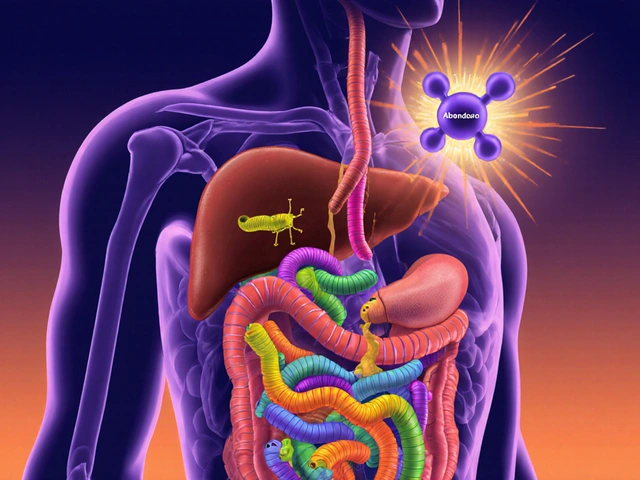Vilazodone and Diarrhea: How to Manage GI Side Effects When Starting Antidepressant Treatment
January 26 2026Sneezing: Causes, Fast Relief & When to See Help
That sudden explosion from your nose and mouth isn’t just annoying — it’s your body clearing irritants. Sneezing is a reflex triggered by nerves in your nose. Most of the time it’s harmless, but repeated sneezing can mess with your day. Here’s what actually causes it and what you can do right away.
Why you sneeze
Small particles like dust, pollen, pet dander, strong smells or cold air can tickle the lining of your nose. The trigeminal nerve senses the irritation and tells your chest and throat to force air out — that’s the sneeze. Bright light also causes sneezing for some people; that’s called the photic sneeze reflex. Allergies and viral infections (like the common cold) are the common medical reasons. If you notice sneezing only around certain places or times, a specific trigger is likely.
If sneezing comes with itchy eyes, runny nose and happens seasonally, allergies are the top suspect. If it shows up with sore throat, body aches or fever, an infection is more likely. Tracking when sneezes happen helps spot the cause fast.
Practical ways to stop or reduce sneezing
Want relief now? Try these simple moves: rinse your nose with saline to remove irritants, use a cool-mist humidifier if the air is dry, and wash hands often to avoid bringing particles to your face. Over-the-counter antihistamines (like cetirizine or loratadine) help allergy sneezes; nasal steroid sprays (like fluticasone) work well for long-term control but need a few days to peak.
At home, reduce triggers: keep windows closed on high pollen days, run a HEPA filter if you have pets, and vacuum with a HEPA-equipped cleaner. For quick single sneezes, pressing your tongue to the roof of your mouth or pinching your nose gently sometimes breaks the reflex — it’s a short-term trick, not a cure.
When to see a doctor: if sneezing won’t stop for days, if it’s tied to breathing trouble, high fever, blood in discharge, or it’s interfering with sleep and daily life, get medical advice. Your provider can test for allergies, suggest prescription meds, or check for chronic conditions like nonallergic rhinitis.
Kids and sneezing: children sneeze a lot when they’re around new allergens or after colds. If a child wheezes, has trouble breathing, or looks very unwell with sneezing, seek care right away. For routine sneezing, simple steps—clean bedding, fewer stuffed toys, and seasonal allergy meds—often help.
Sneezing itself is a protective reflex. But if it’s frequent, loud, or gets in the way, you don’t have to just live with it. Try the practical tips above, note patterns, and talk to a clinician if problems persist. Small changes to your environment and the right meds can make most sneezing much easier to handle.
Sneezing and pregnancy: what expectant mothers need to know
During pregnancy, expectant mothers may experience increased sneezing due to hormonal changes and congestion. It's important to know that sneezing itself won't harm the baby, but it can cause discomfort for the mother. To alleviate sneezing, pregnant women can try using a humidifier, saline nasal spray, or staying hydrated. It's also essential to avoid potential allergens and irritants, such as smoke and strong odors. Lastly, always consult with your healthcare provider for personalized advice and recommendations on how to manage sneezing during pregnancy.
Read More...



